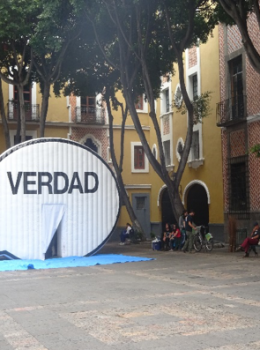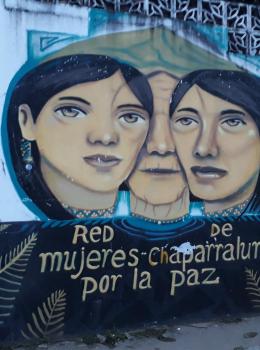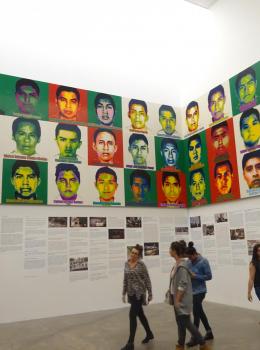RESEARCH ON TRANSITIONAL JUSTICE
Due to the massive scale of violence and the widespread impunity that prevails in contexts of large-scale political and criminal violence – rendering ordinary institutions of justice inoperative – our research explores the likely efficacy of extraordinary mechanisms of transitional justice (TJ) in addressing victims’ demands for justice and in developing peaceful societies. While the TJ toolkit has been deployed to address mass political violence committed against civilians in autocracy and civil war, we seek to push the frontiers of TJ to address the claims of victims of large-scale criminal violence. TJ mechanisms can be relevant in these criminal conflicts because state security agents are often involved in the production of large-scale criminal violence – when they defect to organized crime to constitute private militias to defend criminal turf or when they stay in power and either provide protection to OCGs or fight against OCGs using anti-insurgent strategies that often result in gross human rights violations. We evaluate whether the adoption of TJ mechanisms in new democracies and in post-conflict societies may insulate countries from outbreaks of criminal violence. We also assess how countries experiencing ongoing criminal wars and large-scale criminal violence have used new mechanisms of transitional justice to break state impunity, identify and dismantle state-criminal networks, and contribute to developing peaceful societies.
Research Team: ND: Josephine Lechartre, Camilo Nieto-Matiz, Guillermo Trejo | Affiliates: Juan Albarracín, Lucía Tiscornia










